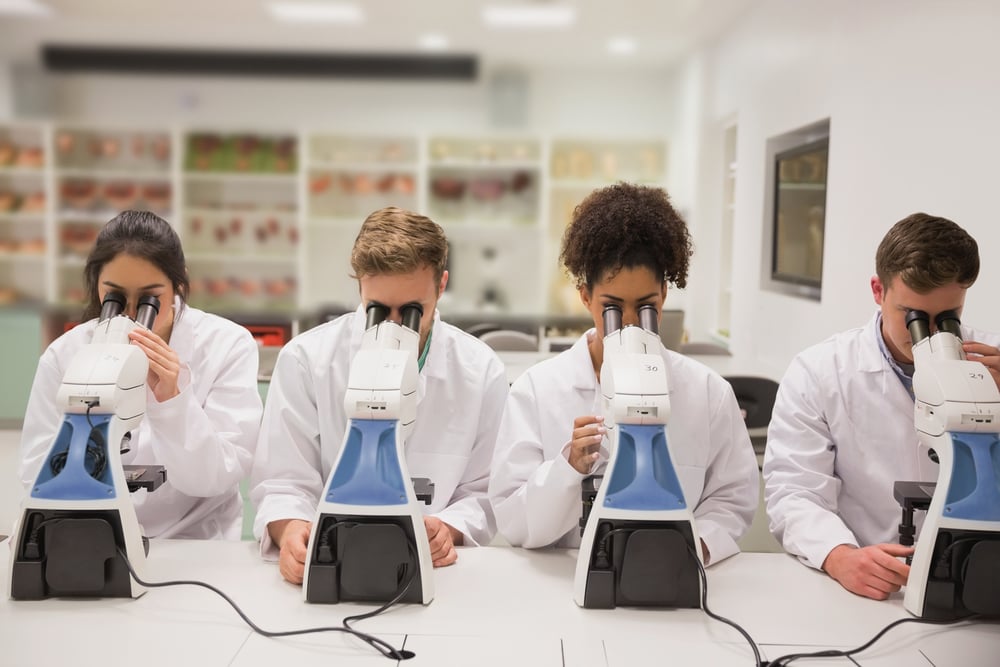
In the ever-advancing world of pharmaceuticals and biotechnology, cell culture services play an indispensable role in driving scientific breakthroughs. They provide the foundation for research ranging from drug discovery to bioprocess optimization. In this blog post, we'll delve into the world of cell culture services, exploring their significance, applications, and how they empower scientists in the industry to push the boundaries of scientific knowledge.
The Significance of Cell Culture Services
At its core, cell culture involves the growth and maintenance of cells in a controlled environment, often outside their natural habitat. This technique has become the backbone of modern research for several compelling reasons:
- Relevance to Human Biology: Cell culture allows scientists to work with human-derived cells, bridging the gap between in vitro and in vivo research. This is particularly crucial when studying human diseases and developing therapies.
- Scalability: Cell culture can be scaled up to produce large quantities of cells, making it invaluable for bioprocess development, drug manufacturing, and other applications requiring significant cell numbers.
- Controlled Experiments: In a controlled cell culture environment, researchers can manipulate variables such as temperature, nutrient composition, and pH to investigate specific biological phenomena systematically.
- Safety: Working with cells in culture dishes or bioreactors is often safer and more controlled than working with whole organisms, especially when studying infectious agents or toxic compounds.
Applications of Cell Culture Services
Cell culture services find applications across various domains within the pharmaceutical and biotech industry:
- Drug Discovery: Cultured cells are used to screen potential drug candidates for efficacy and toxicity. High-throughput cell-based assays help identify promising compounds for further development.
- Bioprocess Optimization: In biomanufacturing, cell culture services are used to optimize production of biopharmaceuticals like monoclonal antibodies and recombinant proteins.
- Disease Modeling: Scientists use cultured cells to mimic disease conditions, providing insights into disease mechanisms and testing potential therapies.
- Stem Cell Research: Cell culture services are instrumental in the study of stem cells, including induced pluripotent stem cells (iPSCs), for regenerative medicine and disease modeling.
- Vaccine Development: Cultured cells are utilized in vaccine production, serving as hosts for vaccine virus propagation and antigen production.
Empowering Scientists in Pharma and Biotech
For scientists in the pharmaceutical and biotech industry, outsourcing cell culture services is a game-changer. These services provide:
- Expertise: Professional cell culture service providers bring expertise and experience, ensuring the optimal handling and growth of cells, which is critical for reliable results.
- Resource Efficiency: Outsourcing cell culture services can be cost-effective and time-saving, allowing researchers to focus on the core aspects of their projects.
- Access to Specialized Cells: Cell culture service providers often maintain a repository of specialized cell lines, including primary cells and hard-to-find cell types, expanding researchers' capabilities.
- Quality Assurance: Service providers adhere to strict quality control standards, ensuring the consistency and reliability of cultured cells.
Cell culture services are a cornerstone of progress in the pharmaceutical and biotech industry. They facilitate research, drive discoveries, and provide a gateway to understanding complex biological processes. As these industries continue to evolve, the role of cell culture services as a catalyst for innovation and scientific advancement remains indispensable, propelling us toward a future with more effective drugs, innovative therapies, and improved healthcare.





